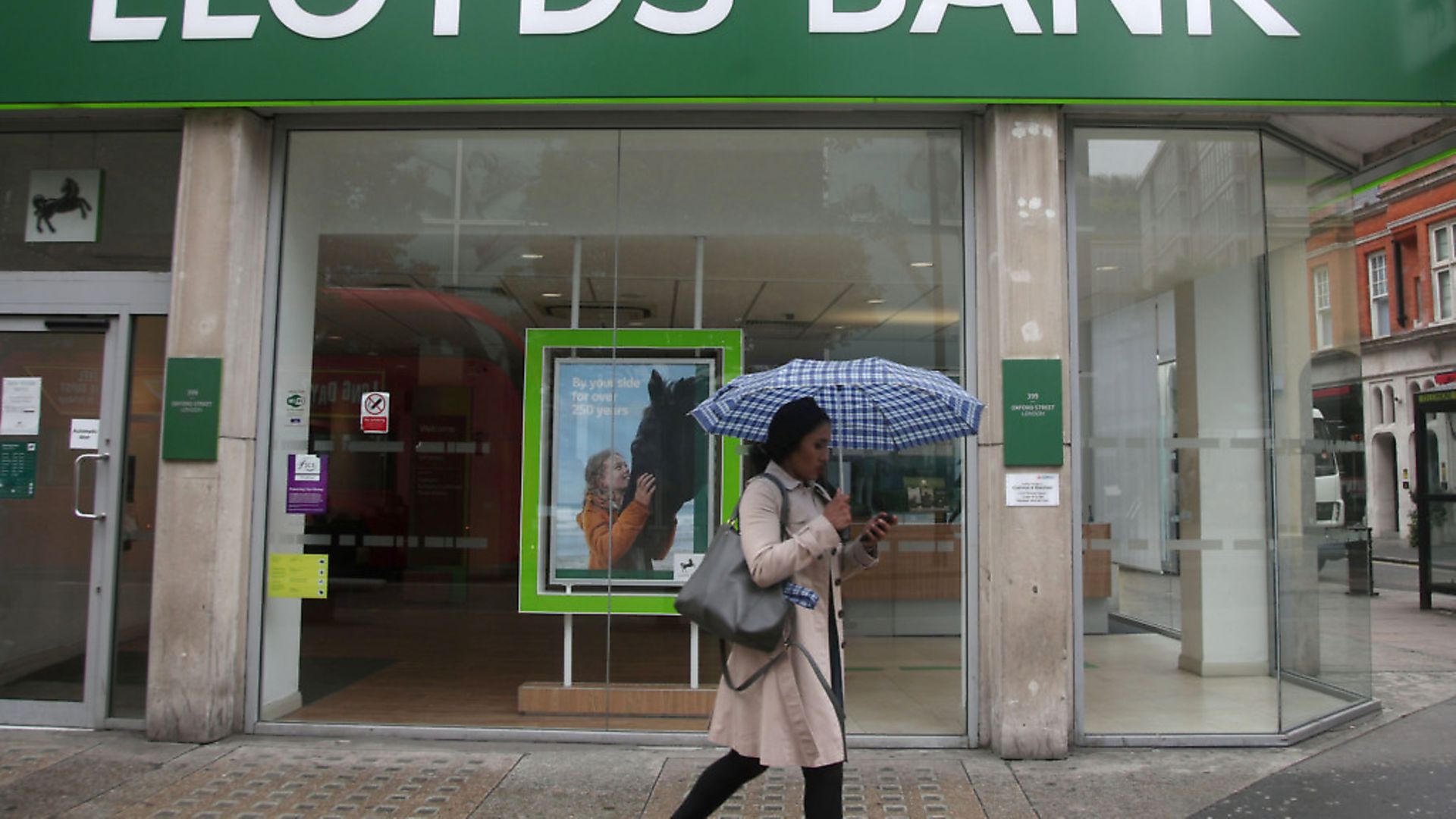
The EU’s financial services chief has said UK banks are set to miss out on substantial market access because Brussels still needs to decide how to regulate them.
Instead, UK financial institutions may have to negotiate deals with each of the 27 EU member states to continue selling its products into the bloc after Brexit, the FT has revealed.
Valdis Dombrovskis, an executive vice-president of the European Commission, said Brussels is unlikely to give Britain some pan-EU access rights, known as ‘equivalence provisions’, in the coming months because of its own regulations are yet to be decided.
The UK will lose its rights to trade freely with EU single market when the Brexit transition period ends on December 31.
Financial services are not part of Brexit trade talks — which resume on Tuesday — because Brussels relies on a mechanism called ‘equivalence provisions’ to determine what access other countries have to its market rather than offering it as part of comprehensive deal.
Those ‘provisions’ are often determined by whether a country’s financial regulations are as tough as those in force in the EU.
But Dombrovskis says the UK could be blocked from accessing EU financial institutions either way because the bloc is still deciding how it regulates new competitors – a matter he says is unlikely to be settled before the end of this year.
‘In some areas we will not be in a position to adopt equivalence decisions . . . not all EU parameters are in place in these areas,’ Dombrovskis said. ‘Implementing rules are not yet in place.’
He said UK firms could negotiate access ‘via national regimes’ of all 27 member states in order to continue trading.
London’s brokers say this approach is too cumbersome.
Julia Smithers Excell, a partner at law firm White & Case in London, said that the absence of an equivalence decision for investment firms would mean additional complexity for the sector.
‘Unfortunately these national regimes can vary considerably from one EU27 member state to another,’ she said.
This comes as a further blow to negotiations on the future of financial cooperation between the UK and EU after Brexit, which has already fallen behind schedule. Dombrovskis said a deal was still possible and added that progress was being made overall in the equivalence assessments of the UK, and that Britain had now replied to questionnaires sent by the commission asking for details of the country’s regulatory plans.
Warning: Illegal string offset 'link_id' in /mnt/storage/stage/www/wp-includes/bookmark.php on line 357
Notice: Trying to get property 'link_id' of non-object in /mnt/storage/stage/www/wp-includes/bookmark.php on line 37






